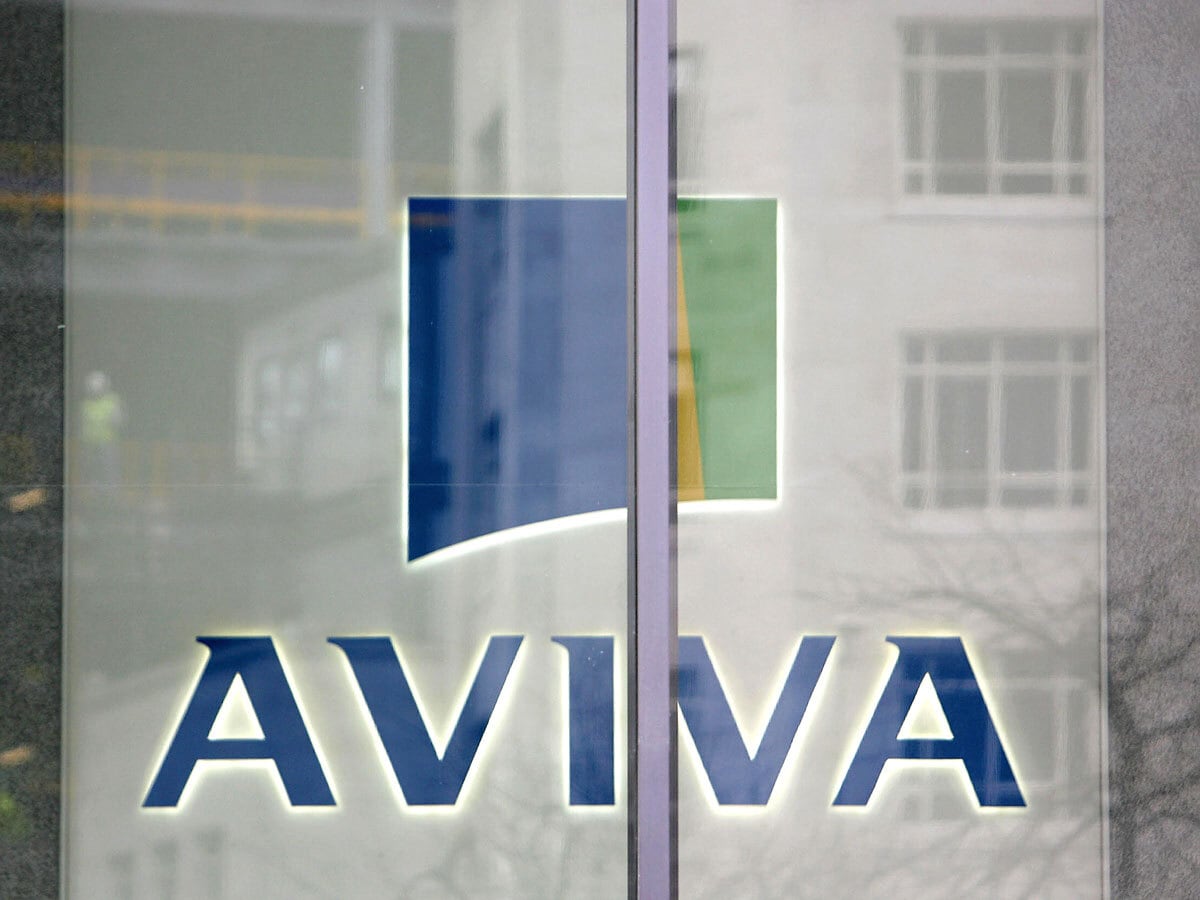Aviva's share price jumped after posting a strong set of 2022 results that saw operating profits rise. The insurer's UK and Ireland businesses significantly contributed to the performance. The company's cost-cutting measures have also enabled management to reward shareholders and answer criticism from activist investors.
Giving Aviva’s [AV.L] share price a boost last week was the publication of its financial results for 2022. Operating profits rose 35% to £2.2bn last year. Meanwhile, the value of the new business was up 14% year-on-year and gross written premiums were up 11% year-on-year. On the wealth side of the business, net flows came in at £9bn.
Aviva’s chief executive Amanda Blanc highlighted in a statement alongside the results that the structure of the UK's biggest insurer had been “radically simplified”. In recent years, the insurer has sold off non-core operations in an effort to focus on its core business. In 2021, its French business was sold to Aéma Groupe for €3.2bn. The result of the restructuring is a sharpened focus on the UK and Ireland markets. The value of new business in these jurisdictions rose 15% year-on-year to £767m in 2022, while sales hit £33bn.
Shareholders were rewarded with a 20.7p final dividend, up from 14.7p in the previous year. This brings the total dividend per share for 2022 to 31p, up from 22.05p. Aviva also announced that it would start a £300m share buyback scheme. This has put Aviva’s total capital return to shareholders at £5bn — its highest level since 2021. The capital return was the same target set by activist investor Cevian Capital.
"Aviva now offers one of the strongest levels of total capital return in the sector," wrote JPMorgan analysts.
The boom in pension scheme buyouts continued to be another area for growth. Last year, Aviva made 50 bulk annuity deals worth £4bn in total. Dealmaking in this area has been fuelled by businesses looking to unload defined benefit and final salary pension schemes as interest rates rise, essentially passing on liabilities to the insurers for a cost. Aviva expects to complete between £15bn to £20bn worth of these deals by 2024.
What’s happening with Aviva’s share price?
Aviva’s share price has lagged the wider FTSE 100 so far this year. Year-to-date, the stock is down around 3% (as of 1pm on 13 March), trailing London’s leading index’s 1.4% gain. It isn’t only Aviva that has underwhelmed this year. Rivals Legal & General [LGEN.L] have slipped 3.4% over the same period.
Over the 12-month timeframe, Aviva’s share price is down more than 20% and is well off a 52-week high of 606.58p that was set on 29 March 2022.
Aviva’s share price was down 3.7% and trading at the 430p level by lunchtime on 13 March, with financial service stocks bearing the brunt of concerns over the Silicon Valley Bank collapse.
What do analysts think about Aviva’s stock?
Aviva’s share price also came under recent pressure after Barclays Capital sliced 15p off its price target for the insurer. Analysts at the firm are targeting 545p a share but have kept their ‘equal weight’ rating.
“We consider the full-year result to be operationally solid. However, as no targets were changed and most metrics seem to be tracking their targets, our long-term expectations remain largely intact,” Barclays said in a note to clients.
While Barclays weren’t exactly pessimistic, AJ Bell’s director of investment Russ Mould was more optimistic, saying CEO Amanda Blanc had “done an enviable job” at Aviva. “Streamlining operations and selling off underperforming businesses is a well-worn strategy, but one Blanc has executed well, and that’s evident in the 2022 numbers, which show a big increase in profit and dividends accompanied by a big share buyback,” Mould added.
Aviva’s share price has a 510p median 12-month price target. Of the 18 analysts offering ratings, Aviva has 10 ‘outperform’ ratings, seven ‘hold’ ratings and one ‘underperform’ rating.
Continue reading for FREE
- Includes free newsletter updates, unsubscribe anytime. Privacy policy





